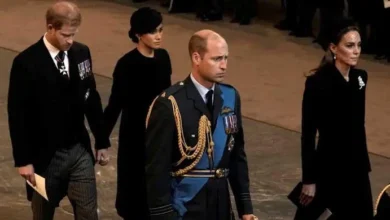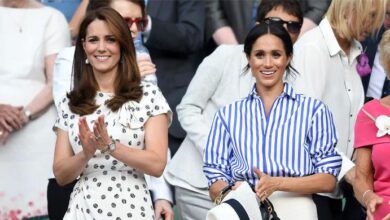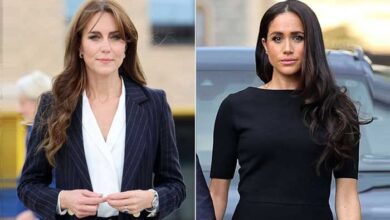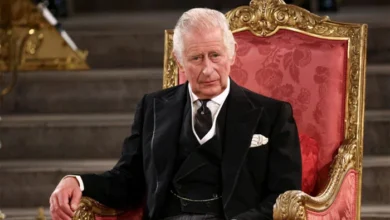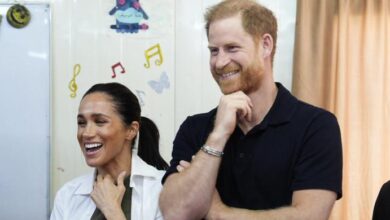King Charles’s Hidden Feelings About Prince Andrew’s Controversial Choice Exposed
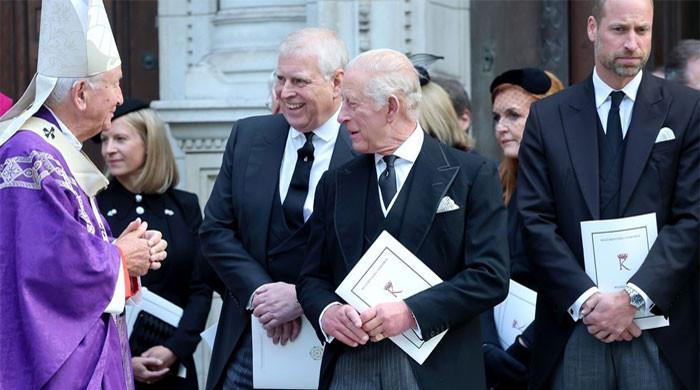
Prince Andrew has taken a drastic and historic step that many royal watchers long predicted but few expected would actually happen this soon. The disgraced royal has formally renounced the title Duke of York in a move that signals the collapse of his public identity inside the monarchy. This decision comes after years of relentless pressure following his connection to Jeffrey Epstein which destroyed his standing and crippled his ability to operate as a working royal.
The palace did not treat this as a quiet administrative footnote. Prince Andrew’s full statement was immediately published through official channels which underscored how serious and final the decision is. There was no ambiguity and no attempt to soften the reality that a brother of the reigning King has been stripped of formal royal identity.
In the statement Andrew said that after private discussions with King Charles and other members of the family he came to the conclusion that his visibility in public life had become a distraction. He said that the controversy around him was overshadowing the work of the King and undermining confidence in the institution.
Prince Andrew confirmed he will no longer use his titles or the honors attached to them with the explicit approval of King Charles. This is seen as a deeper retreat than his earlier decision five years ago when he stepped back from royal duties after his now infamous interview about Jeffrey Epstein.
Despite agreeing to disappear from public life Andrew continued to deny all allegations of wrongdoing. He said again that he vigorously rejects every accusation and insists he has been unfairly tarnished by association. But even with that denial the palace is acting as though reputation matters more than legal defense.
Reports emerging after the announcement suggest King Charles is pleased with the decision because it removes a long running public liability from his reign. According to sources quoted by People the King saw the move as necessary to protect the crown from further damage.
It has also been revealed that discussions about removing Andrew’s titles had been explored for months. The Times previously reported that King Charles considered several options including formally stripping Andrew of his status rather than waiting for him to step down voluntarily.
Behind closed doors the decision has been described as a delicate and painful negotiation between family loyalty and institutional survival. Prince Andrew in effect accepted that his name has become permanently toxic and that the monarchy cannot afford to keep him publicly linked to the crown.
Media coverage of the decision has been intense and polarizing. Some commentators believe it was long overdue and argue Andrew should have lost his titles the moment allegations surfaced. Others believe the move is humiliating and unnecessary given that he has never been convicted of a crime.
The public reaction reflects the divide that now exists over the royal family. There are those who demand accountability from all royals when scandal erupts and others who think removing titles is a symbolic overcorrection meant to appease critics rather than uphold justice.
There is also the historical dimension. This is not the first time royalty has retreated under pressure but rarely has it been this severe. The removal of a title tied to a senior male royal signals how modern accountability has entered even the most protected bloodlines.
Observers are now watching to see whether Sarah Ferguson also steps back from using her own title Duchess of York as some reports suggest will follow. If she does the York branch of the family may effectively vanish from the royal brand.
Analysts believe this moment sets a precedent for how future controversies will be handled. It demonstrates that King Charles and Prince William are prepared to force members out in order to preserve the image of the monarchy even if those members are close relatives.
Above all this episode exposes the shift in royal survival strategy. Reputation now outweighs tradition and private shame is being chosen over public scandal. Prince Andrew’s identity has been erased not by courts but by the crown he once represented.
For now the long term effects of this decision remain uncertain. What is clear is that Prince Andrew’s royal life has ended in a way that would once have been unimaginable. In the new era of scrutiny and unforgiving public memory his chapter in the monarchy has closed in silence not ceremony.

